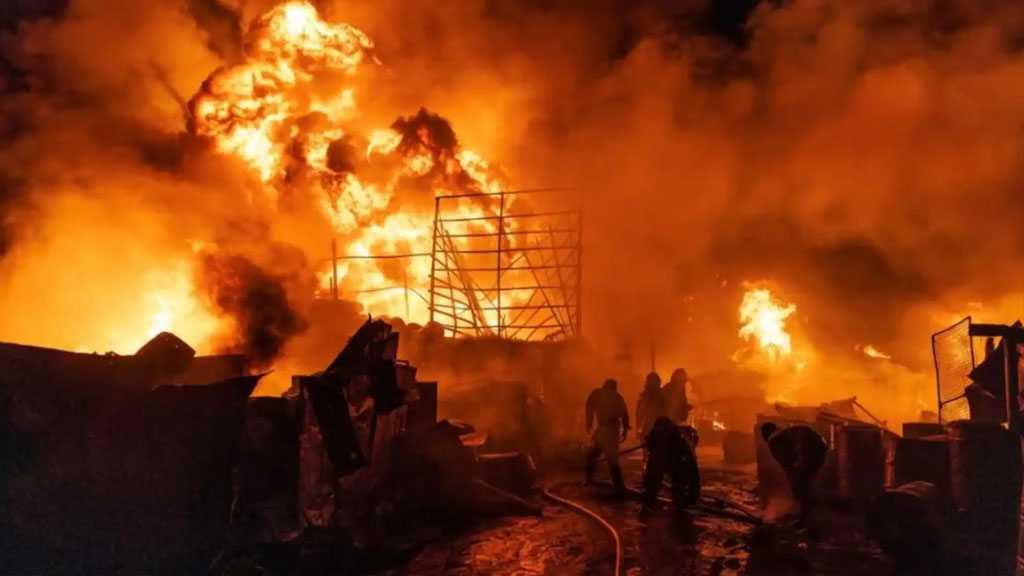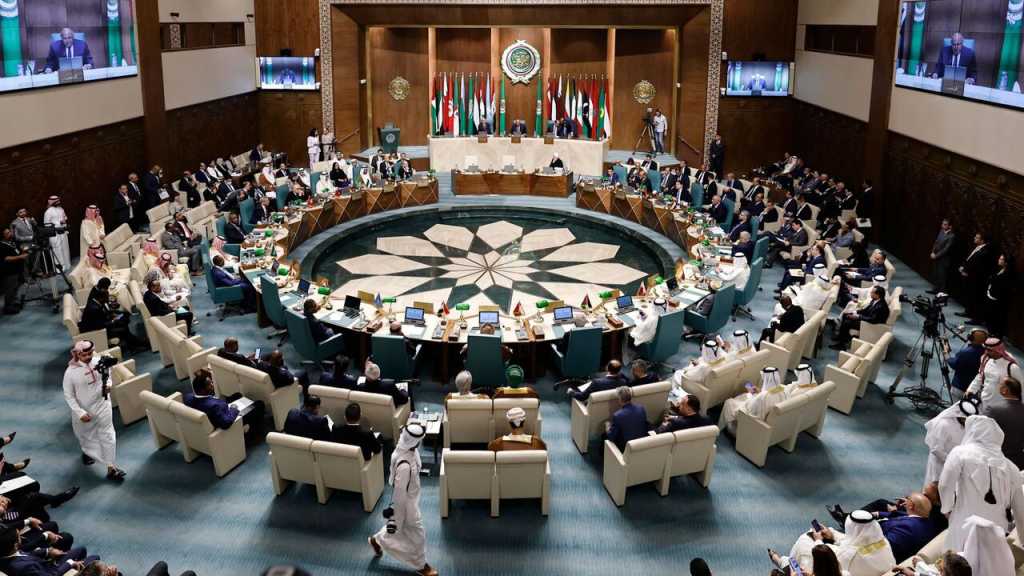Tunisia Vows No Mercy after Museum Attack Kills 19
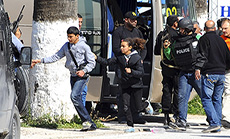
Local Editor
Tunisia's president vowed "no mercy" against terror groups Wednesday after gunmen wearing military uniforms stormed the country's national museum, killing 17 foreign tourists and two Tunisians in the worst attack in more than a decade.
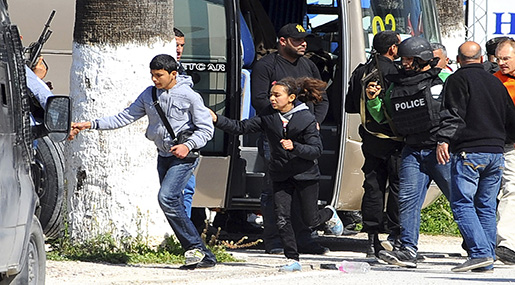
Visitors from Italy, France, Germany, Poland and Spain were among the dead in the noon assault on Bardo museum inside the heavily guarded parliament compound in central Tunis, premier Habib Essid said. A police officer and a cleaning woman were the Tunisian victims, he said.
Two gunmen were killed but Essid said a manhunt was on for at two or three others, while some 50 people were wounded, according to state television.
The dead included five Japanese, four Italians, two Colombians and one each from Australia, France, Poland and Spain, Essid said on national television.
The nationality of a 16th victim was not given, while the final one had not yet been identified.
The driver of a tourist bus told journalists at the scene that "they just started opening fire on the tourists as they were getting out of the buses ... I couldn't see anything except blood and the dead."
Scores of visitors fled into the museum and the militants took hostages inside, government officials said. Security forces entered the building, a former palace, around two hours later, killed two militants and freed the captives, a government spokesman said. A police officer was killed in the operation.
The attack on such a high-profile target is a blow for the small North African country that relies heavily on European tourism and has mostly avoided major militant violence since its 2011 uprising to oust autocrat Zine al-Abidine Ben Ali.
Authorities did not immediately identify the gunmen. But several militant groups have emerged in Tunisia since the uprising, and authorities estimate about 3,000 Tunisians have also joined fighters in Iraq and Syria, raising fears they could return and mount attacks at home.
"All Tunisians should be united after this attack, which was aimed at destroying the Tunisian economy," Essid declared in a national address.
The local stock exchange dropped nearly 2.5 percent before closing and two German tour operators said they were canceling trips from Tunisia's beach resorts to Tunis for a few days.
Accor, Europe's largest hotel group, said it had tightened security at its two hotels in Tunisia.
The Italian Foreign Ministry said 100 other Italians had been taken to a secure location.
The United States, France, the United Arab Emirates and the United Nations denounced the bloodshed. US Secretary of State John Kerry said Washington condemned the attack and continued "to support the Tunisian government's efforts to advance a secure, prosperous and democratic Tunisia. Television footage showed dozens of people, including elderly foreigners and one man carrying a child, running for shelter in the compound, covered by security forces aiming rifles into the air.
The museum is known for its collection of ancient Tunisian artifacts and mosaics and other treasures from classical Rome and Greece. There were no immediate reports the attackers had copied "ISIL" militants in Iraq by targeting exhibits seen by hard-liners as idolatrous.
After a crisis between secular leaders and the extremist party which won the country's first polls after Ben Ali fled the country in 2011, Tunisia has emerged as a model of compromise politics and transition to democracy for the region.
Wednesday's assault was the worst attack involving foreigners in Tunisia since an Al-Qaeda suicide bombing on a synagogue killed 21 people on the tourist island of Djerba in 2002.
A militant blew himself up at the Tunisian beach resort of Sousse in late 2013 but no one else was killed or wounded.
Source: News Agencies, Edited by website team
Comments
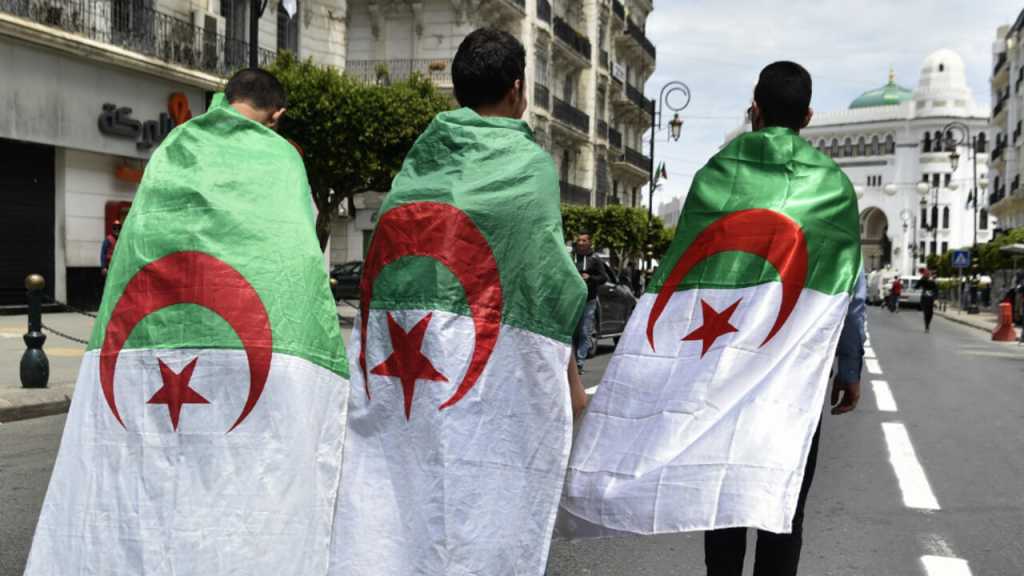
Algeria: Tebboune Wins 2nd Term in Landslide Victory
2 months ago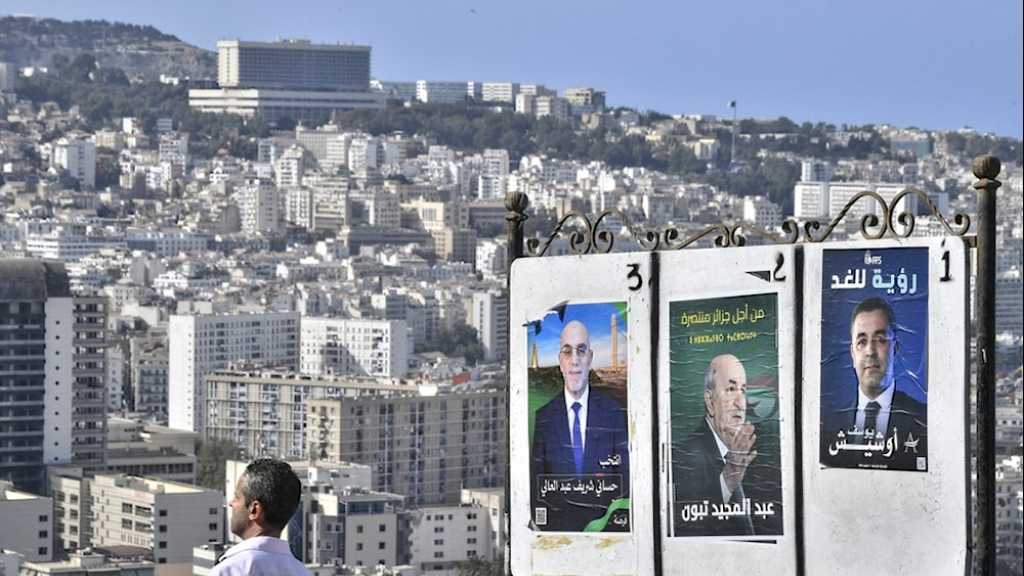
Algerian Elections: Tebboune Eyes New Term
2 months ago